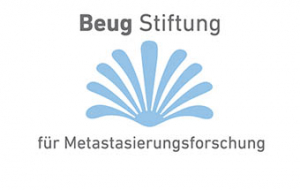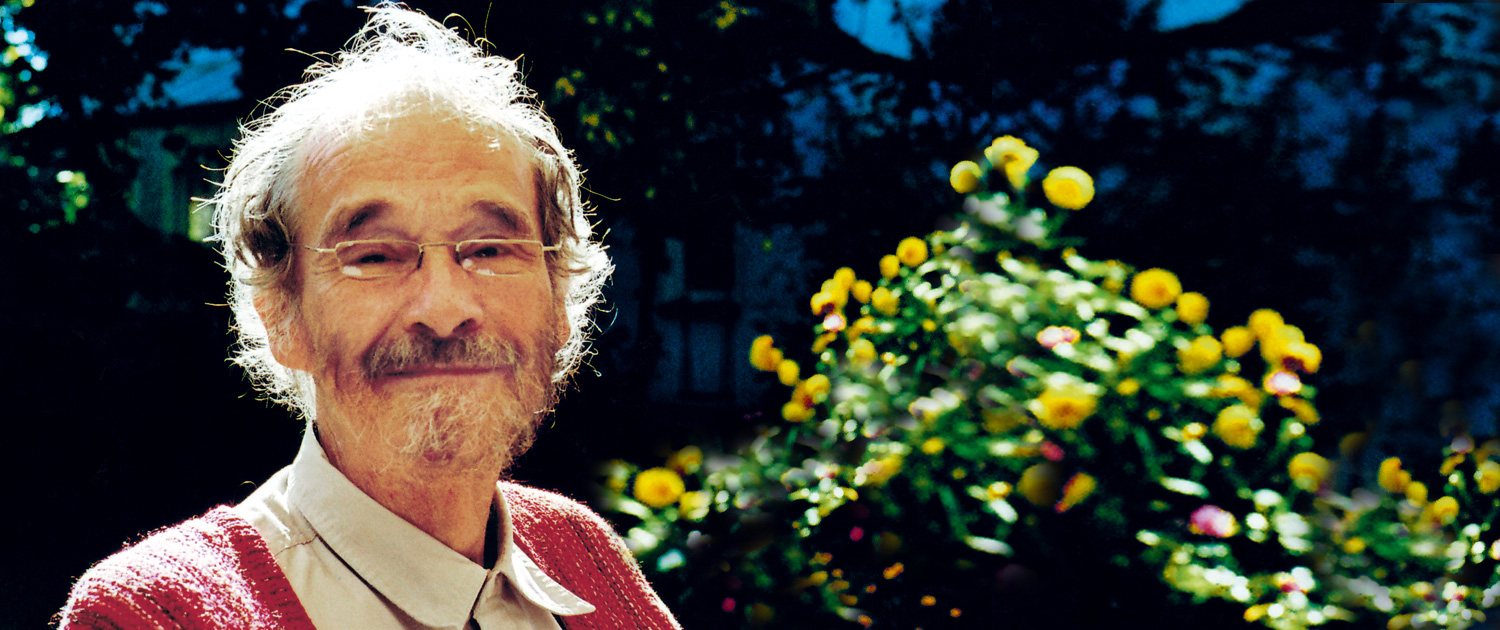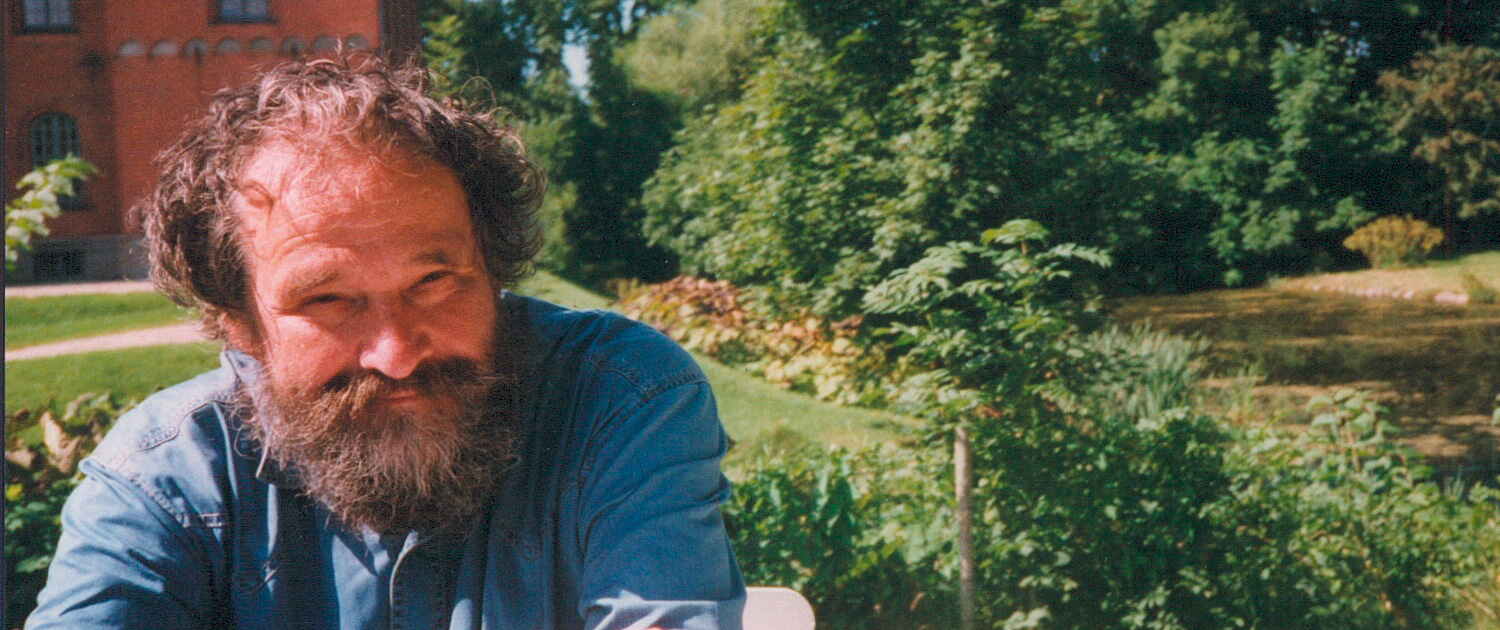The founder
Hartmut Beug, 1945 – 2011
Hartmut developed his great passion for biology at an early age. He always showed an insatiable curiosity for ‘how things work’.
The mechanisms that cause cancer were the focus of his scientific career. During the 1970s and ‘80s, he pioneered and established the field of oncogene cooperativity. Hartmut identified new pairs of oncogenes in avian oncogenic viruses at the German Cancer Research Center (DKFZ) and the European Molecular Biology Laboratory (EMBL) in Heidelberg. Together with his colleagues, he was among the first to postulate that oncogenic transformation of hematopoietic cells requires the cooperation of aberrant growth factor signaling and transcriptional deregulation.
Upon moving to the Institute for Molecular Pathology (IMP) in Vienna in the early ‘90s, Hartmut focused on erythropoiesis and demonstrated again a critical role for oncogene cooperativity. His work revealed that the normal distinction between progenitor cell expansion and maturation of normal progenitor cells relies on cooperation between endogenous signaling and transcription pathways, analogous to the cooperation he had seen between oncogenes in oncogenic viruses. In Vienna Hartmut Beug also entered a new field when he began to study the mechanisms that drive metastasis of breast cancer cells. Again, rather than studying a single gene, he showed how a cooperation of deregulated genes is required for epithelial-mesenchymal transition and the metastatic potential of cancer cells.
Just as he appreciated the importance of cooperativity in biology, Hartmut also valued cooperation in the pursuit of his science. With his great curiosity and collegiality, Hartmut started numerous scientific collaborations, often supported by European Union (EU) funds, which extended his impact in the field of carcinogenesis well beyond the work conducted in his own lab.
In 2010, when he turned 65, Hartmut retired from the IMP but he did not retire from his scientific pursuits and convictions. He continued to work on leukemogenesis and cancer metastasis at the faculty of Veterinary Medicine in Vienna and through his numerous collaborations.
Sadly, Hartmut was not given enough time to fulfill his visions himself. However, he remained committed to his dream of promoting international scientific cooperation and the exploration of new avenues of investigation. With typical foresight he established the “Hartmut and Margrit Beug Foundation for Metastasis Research” during the last months of his life. The goal of this foundation is to allow young scientists to collaborate on new ideas and obtain the preliminary data necessary to further support their research through regular grants.


